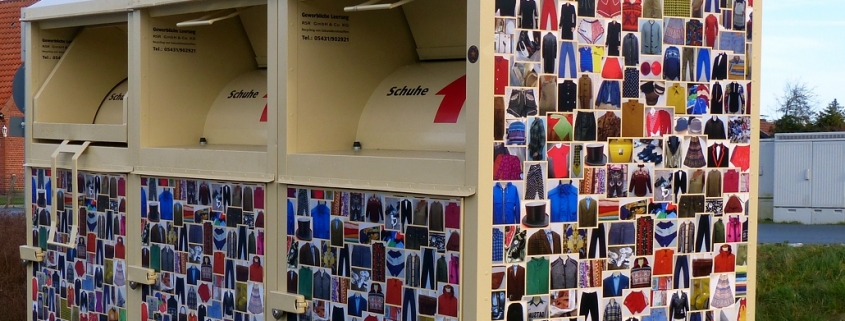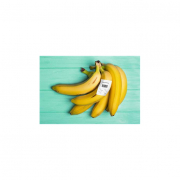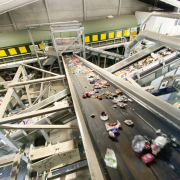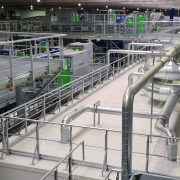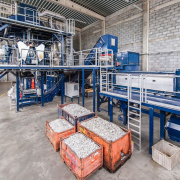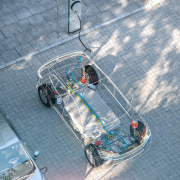Sweden: Large-Scale Automated Textile Sorting Facility
The plant represents the third phase of the Swedish Innovation Platform for Textile Sorting (SIPTex) project; the start of operation is intended to begin in summer this year. In July last year, the IVL Swedish Environmental Institute has been given green light for a collaborative initiative to establish this industrial-scale automated textile sorting plant.
Vinnova, the Swedish Innovation Agency, is to invest 22 million Swedish Krona (about 2.8 million US-Dollar) in the project that will develop innovative solutions to achieve the Agenda 2030 sustainability goals. The plant will be operated by waste and recycling company Sysav, which also financially supports the project.
Twenty-one major Swedish textile, fashion and furniture companies, municipalities, charities, research institutes and authorities, led by IVL Swedish Environmental Institute, collaborate in the SIPTex project. According to the information, the potential for increasing textile recycling in Sweden is enormous, as only about five percent of the textiles placed on the Swedish market are recycled. Each year, about 140,000 tons of new textiles are put on the Swedish market.
Goal: Sorting of 16,000 tons per year
The goal is to slowly increase the number of textiles recycled from 3,000 to 16,000 tons over five years. Today, post-consumer textiles are sorted manually – primarily to identify garments that can be sold for reuse, IVL gave account. “Automated sorting processes are necessary to sort the increasing volume of textile waste that cannot be reused efficiently so that it can be used for fiber to fiber recycling”, Maria Elander, who is leading the project for IVL, was quoted. The project had previously shown that automated textile sorting has the potential to provide both a high degree of separation and high purity in the sorted textile fractions.
The SIPTex plant uses near-infrared and visual spectroscopy to sort mixed textile waste. The technology has been tested and optimized to meet the needs of potential customers in a pilot plant over one year, IVL underlined. “The results and know-how gained can be utilized when the project is scaled up.” The idea is to create a sorting solution tailored to the needs of textile recyclers and textile companies “to be the link that is currently lacking between textile collection and high-quality recycling”.
SIPTex, the Swedish Innovation Platform for Textile Sorting, is funded by Vinnova and is a step three project within the challenge-driven innovation program. It is led by IVL Swedish Environmental Institute and implemented in collaboration with a broad consortium consisting of research institutes, authorities and actors from different parts of the value chain for textiles: Berendsen, Boer Group, Eco TLC, Gina Tricot, HM, Human Bridge, Ica, Ikea, Kappahl, Swedish Chemicals Inspectorate, Cycle and water, Malmö City, Ants, Swedish Environmental Protection Agency, Re: newcell, Red Cross, Stadium, Stockholm water and wastewater, Sysav and VTT.
www.ivl.se/english
www.vinnova.se/en/p/swedish-innovation-platform-for-textile-sorting-siptex/
(GR22020, Page 32, Photo: bernswaelz / Pixabay)

